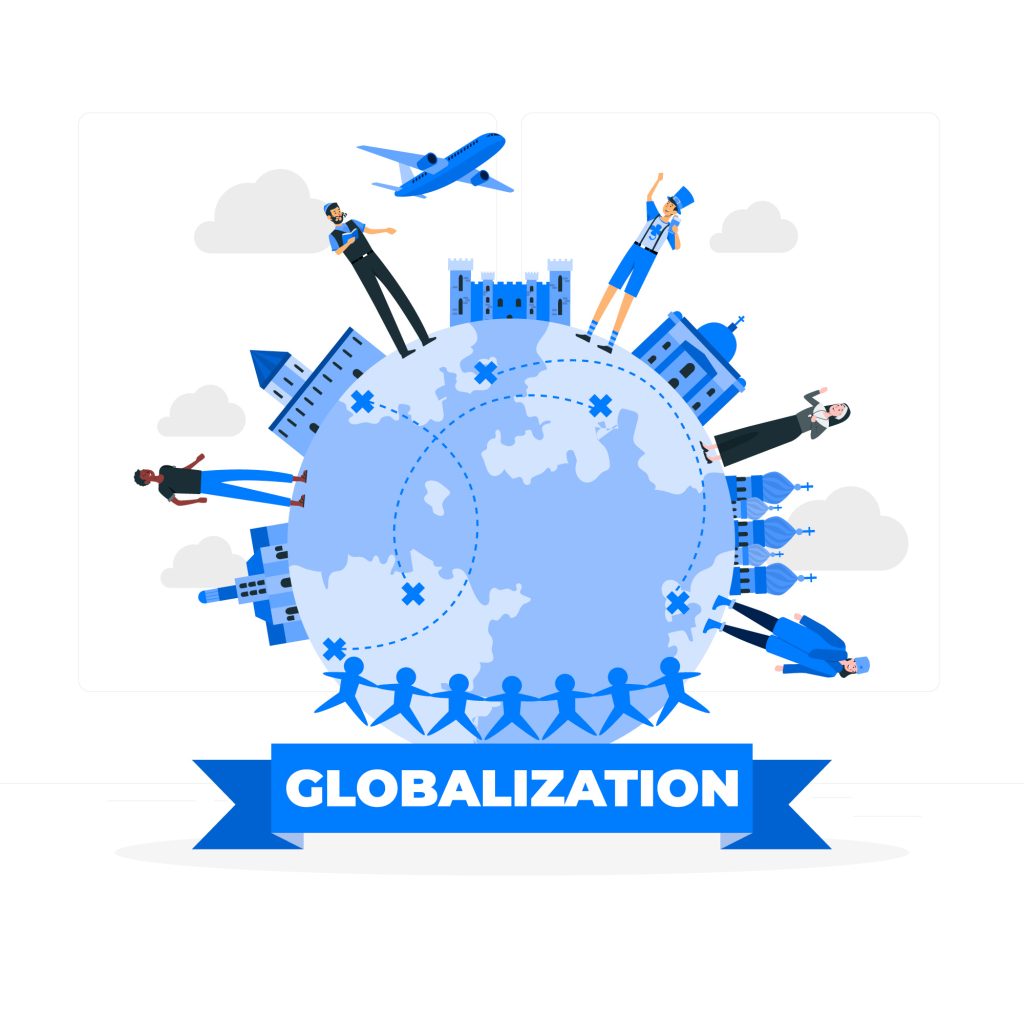

In today’s fast-paced digital landscape, traditional companies face mounting pressure to adopt new technologies as they strive for sustainability. The integration of advanced technologies not only enhances operational efficiency but also ensures long-term resilience and growth. This article delves into the strategies and benefits of leveraging new technologies, supported by statistical evidence and real-world examples
Traditional companies must develop a comprehensive digital transformation roadmap. This involves assessing current capabilities, identifying technological gaps, and setting clear objectives. A well-defined roadmap ensures a structured and phased approach to technology adoption.
Artificial Intelligence (AI) and automation are pivotal in driving efficiency. By automating repetitive tasks and utilizing AI for data analysis, companies can make informed decisions quickly and accurately. This reduces operational costs and enhances productivity.
The Internet of Things (IoT) connects physical devices to the digital world, providing real-time data and insights. For instance, manufacturing companies can use IoT to monitor equipment performance, predict maintenance needs, and reduce downtime.
Leveraging blockchain technology ensures transparency and traceability in supply chains. This not only enhances efficiency but also promotes ethical practices, reducing environmental impact and improving corporate reputation.
Cloud computing provides scalable and flexible IT resources, enabling companies to respond swiftly to market changes. It also facilitates remote work, reducing the need for physical infrastructure and minimizing the carbon footprint.
New technologies streamline processes, reduce manual intervention, and minimize errors. According to a McKinsey report, companies that have fully embraced digital transformation have seen a 20-30% increase in operational efficiency.
Automation and AI significantly reduce labor costs. A study by Deloitte found that companies implementing RPA (Robotic Process Automation) experienced cost savings of up to 50%.
Technologies such as AI-driven chatbots and personalized marketing enhance customer engagement. A Gartner report highlighted that companies using AI for customer service saw a 25% increase in customer satisfaction.
IoT and blockchain technologies promote sustainability by optimizing resource usage and ensuring ethical supply chain practices. IBM’s research indicates that companies leveraging blockchain for supply chain transparency can reduce carbon emissions by up to 20%.
Siemens, a global leader in industrial automation, implemented IoT solutions to enhance their manufacturing processes. By connecting machinery and utilizing predictive maintenance, Siemens reduced equipment downtime by 30% and achieved a 15% increase in production efficiency.
Unilever adopted blockchain technology to ensure transparency in its supply chain. This moves not only improved traceability but also enhanced trust among consumers. As a result, Unilever reported a 10% increase in brand loyalty and a 5% rise in sales.
Walmart leveraged AI and machine learning to optimize inventory management. By predicting consumer demand and automating restocking processes, Walmart reduced inventory costs by 25% and increased sales by 15%.
The integration of new technologies is crucial for traditional companies aiming for sustainability. By adopting a strategic approach and leveraging advancements in AI, IoT, blockchain, and cloud computing, companies can achieve significant benefits. Enhanced operational efficiency, cost savings, improved customer experience, and sustainable practices are just a few of the positive outcomes.
Real-world examples from industry leaders like Siemens, Unilever, and Walmart underscore the transformative impact of technology on business growth and sustainability. As the digital landscape continues to evolve, traditional companies must embrace innovation to secure their future in a competitive market.



